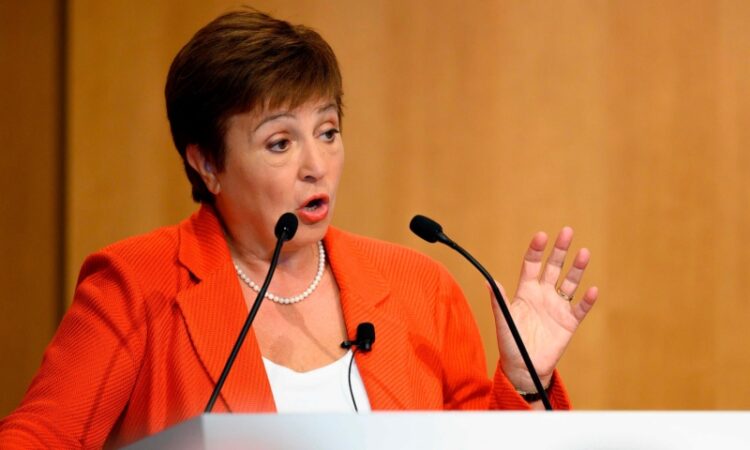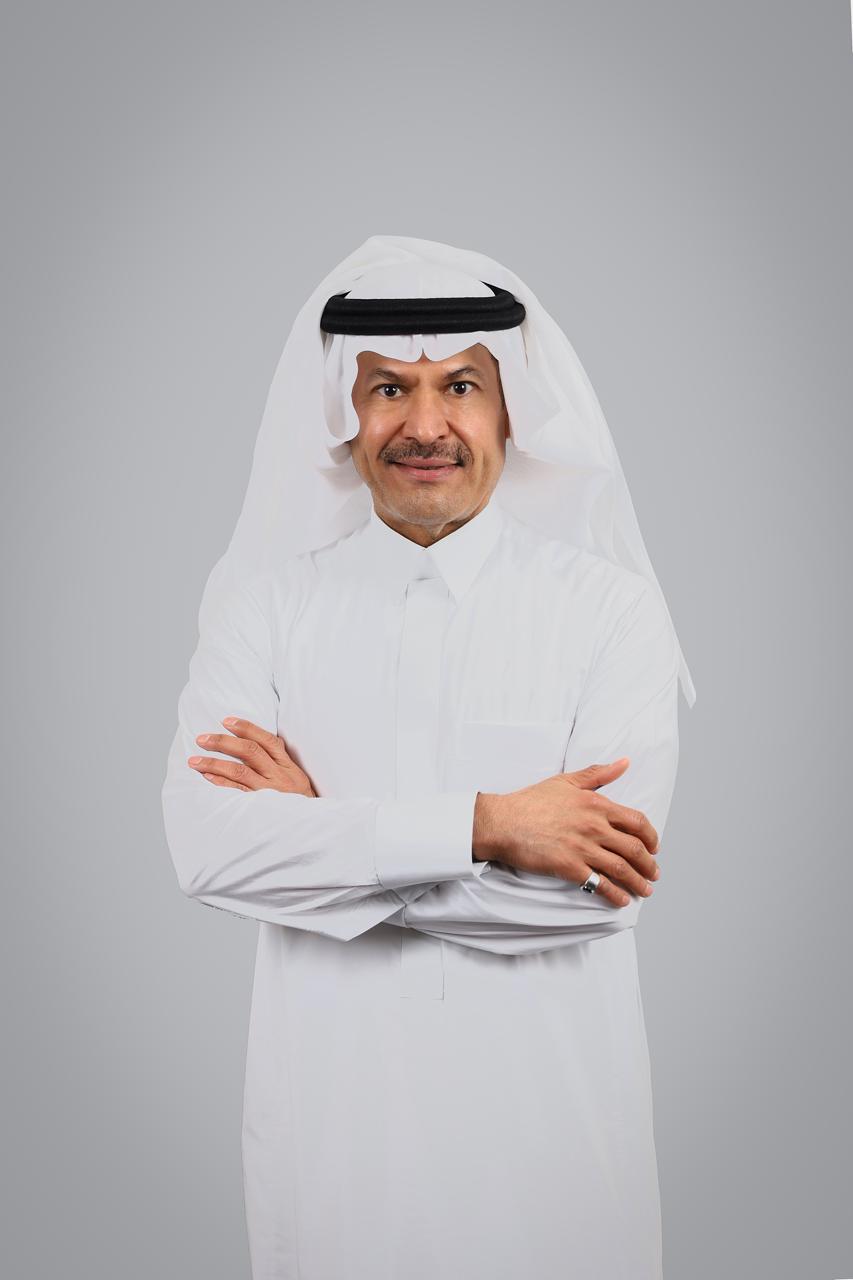Publisher: Maaal International Media Company
License: 465734
IMF Director: Saudi Arabia doubled its non-oil revenues in 4 years
Kristalina Georgieva, Managing Director of the International Monetary Fund, said that Saudi Arabia was one of the first Gulf countries to introduce value-added tax and doubled its non-oil revenues in four years.
The Fund Director explained in her opening speech for her participation in the World Government Summit 2025, which opened yesterday in Dubai under the title “Enhancing Resilience: Shaping the Future of the GCC Economy in Light of Regional and Global Challenges”
Kristalina Georgieva said that the GCC countries are a bright spot in the global economy. Member states have enjoyed sustainable growth, contained inflation, and built strong reserves, indicating that this success did not happen in a vacuum. But through the GCC countries doubling their efforts in the necessary difficult reforms, by diversifying government revenues, improving the business climate, increasing access to finance, making labor markets more flexible, and increasing women’s participation.
اقرأ المزيد
She added that these reforms have accelerated economic transformation and diversification, and have unleashed growth in new sectors such as tourism, logistics, finance and renewable energy.
The Fund Director recommended the importance of continuing the progress and momentum in reforms that would help the economies of the GCC countries continue to become more diversified and resilient.
She said, “It is easier said than done, especially in a world of rapid technological change and transformation.”
The Fund Director identified 3 priorities for the GCC countries to continue increasing growth potential, led by increasing productivity, as policies aimed at protecting macroeconomic stability and facilitating digitization have had the greatest contributions to the growth of total productivity in the GCC countries over the past two decades.
She set conditions for continuing to increase productivity and growth, starting with the basic condition of macroeconomic stability. And controlling financial conditions in the medium term, with a focus on mobilizing non-oil revenues, which would help ensure macroeconomic stability while increasing the resources available for growth-enhancing investments.
She noted that so far, many GCC countries have made significant progress, with Saudi Arabia being one of the first to introduce VAT and doubling its non-oil revenues in four years. But for many other GCC countries, there is more work to be done in this area, most notably fiscal consolidation through better and more efficient public spending and credible medium-term fiscal frameworks will be essential. On digitization and AI, which can also boost productivity growth, the IMF’s director explained that thanks to AI initiatives and high levels of digital transformation, GCC countries have built a strong foundation to harness these promising technologies, noting that increased productivity and consumer benefits from further AI adoption, for example, could boost the UAE’s GDP by around 35% by 2030. “To maximize the productivity-enhancing benefits of these transformative technologies, it will be critical to provide training and education,” she added. The second priority that the Fund Director referred to is enhancing the environment of creativity, innovation and entrepreneurship, as human capital is an incentive for economic progress and prosperity.
The Fund Director stressed that investing in education and skills building is essential to compete in a rapidly changing global economy, as is the case with bringing more young people and women into the labor market.
She pointed out that another incentive for economic progress is research and development, which enhances technological innovation by creating new knowledge, stressing that in various GCC countries, there are promising initiatives to enhance the business environment and promote investment in research and development. Such as the National Governance Framework Initiative to Simplify Fees and Taxes in Saudi Arabia and Intellectual Property Laws in the United Arab Emirates.
She explained that as a result of these initiatives, patent applications from GCC countries have tripled in the past decade, but more needs to be done, as improving the regulatory environment and ensuring equal opportunities would help increase investment in research and development. The third priority, according to the Fund’s Director, is to deepen regional economic integration by pooling resources and working more closely together. GCC countries can increase the size of their markets, increase their efficiency, and make the regional economy more competitive, all of which would enhance the gains from economic diversification and broader structural reforms.
The Fund Director pointed out that intra-regional trade would boost economic growth. It has witnessed rapid growth among GCC countries, with intra-GCC merchandise exports tripling in the past decade to more than $70 billion, but it still represents less than 10% of the total global exports of GCC countries, which is much lower than the 50% to 60% of the European Union.
The Fund Director stressed that increasing intra-GCC trade will require better harmonized regulations and standards, improved transportation networks, and diversification of economies. “By deepening regional relations, GCC countries can be leaders in cooperation and communication.








